Overview Workflows Case study Applications Related Products Featured Services Protocols Q&A Resources
Creative Biolabs has applied a number of development services for several supplement components using cutting-edge technology and extensive scientific knowledge. We can offer high-quality, individualized supplement factor I functional testing to assist clients in hitting project success.
Overview of Complement Factor I
Complement factor I (FI) is a key inhibitor of complement activation. It works by degrading C3b and C4b, the activation products of the lectin and classical pathways, in the presence of a co-factor to prevent excessive complement activation. FI attaches to the substrate complex and cleaves C3b into iC3b, C3c, C3dg, and C4b into C4d in that order. In both the classical and alternative complement pathways, the cleavage of C3b/C4b results in the failure to construct the C3 convertase, inhibiting complement cascade. The complement cascade continues through an alternate pathway when FI is dysfunctional due to mutations, producing the anaphylatoxins C3a and C5 as well as MAC.
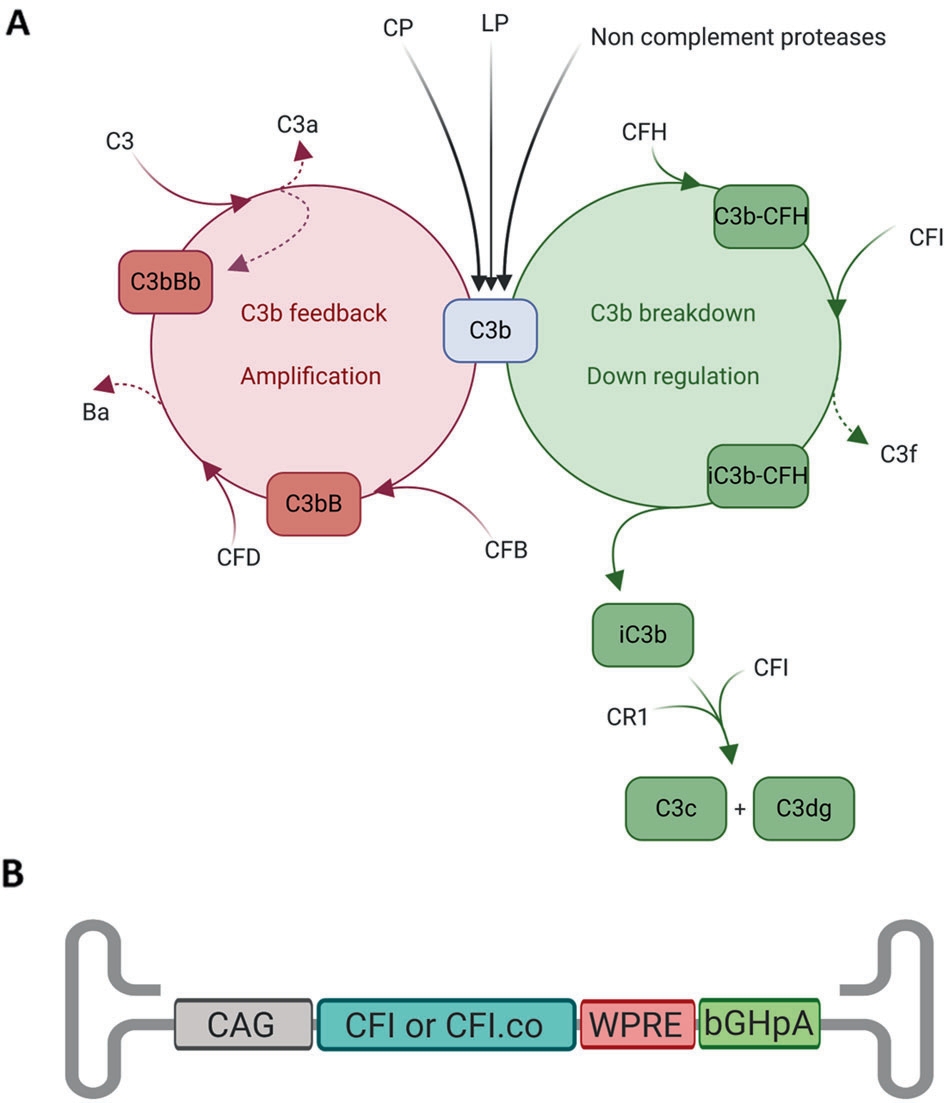 Fig. 1 Structure and role of FI.1, 3
Fig. 1 Structure and role of FI.1, 3
Introduction of Complement Factor I Functional Assay
Method
The complement factor I functional assay is a laboratory test used to assess the activity and functionality of the complement component factor I in the blood, which can be performed by SDS-PAGE using labeled C3b/C4b and sandwich enzyme-linked immunosorbent assay (ELISA).
Analysis
Genetic variation in FI leads to reduced FI levels or impaired FI function. Impaired FI function increases complement activation, leading to diseases such as atypical hemolytic uremic syndrome (aHUS) and age-related macular degeneration (AMD).
Workflow of Complement Factor I Functional Assay
Western blotting
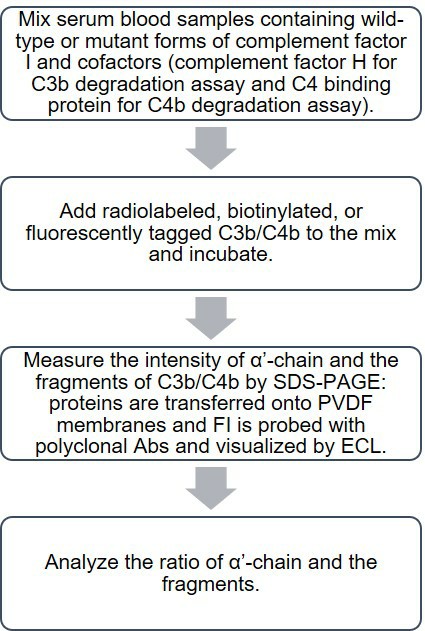
FI ELISA
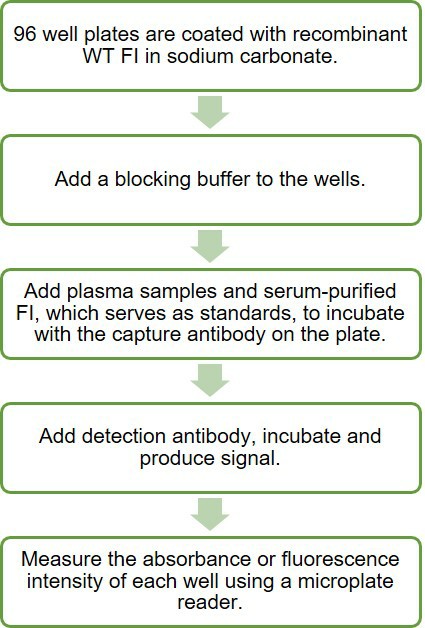
Case Study
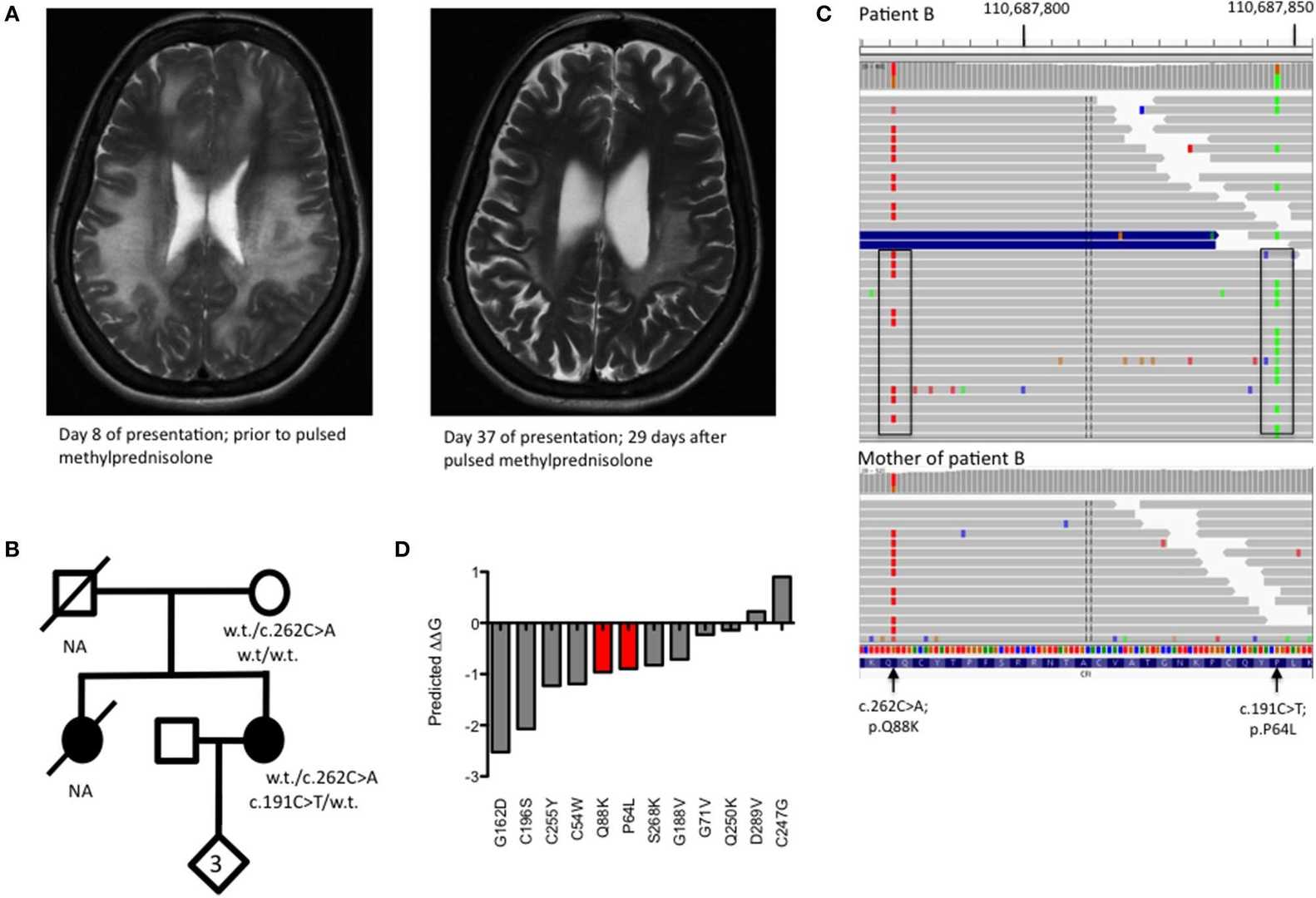 Fig. 2 Whole genome sequencing of FI.2, 3
Fig. 2 Whole genome sequencing of FI.2, 3
Applications
Differential Diagnosis
It assists in determining whether deficiencies or dysfunctions exist within the complement cascade, specifically related to CFI. This aids in accurate diagnosis and appropriate management strategies.
Risk Assessment for Infections
The assay helps identify individuals at higher risk for such infections by evaluating CFI functional activity. This information can guide preventive measures, vaccination strategies, or other interventions to mitigate infection risk.
Research and Clinical Trials
The complement factor I functional assay is used in research studies and clinical trials to investigate the role of CFI in various diseases and assess its potential as a therapeutic target. It contributes to understanding the underlying mechanisms, developing novel therapies, and evaluating treatment effectiveness.
Related Products
Featured Services

|
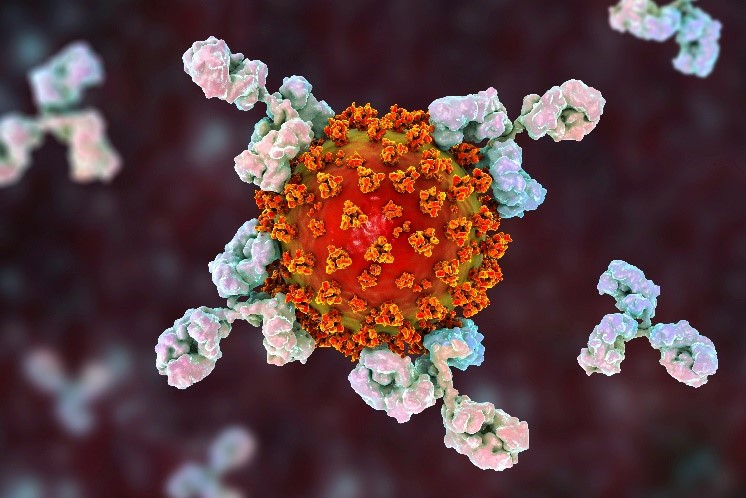
|
|
Total Complement Activity Test
|
C1q-Binding Assays
|
|
Creative Biolabs offers total complement activity test services for our clients. Total complement activity tests include CH50, AH50, and LP50.
|
Creative Biolabs offers high-quality C1q-binding assays for the characterization of therapeutic mAbs.
|
|
Learn more
|
Learn more
|
Protocols
Resources
Creative Biolabs aims to provide the best and most practical complement-related services based on a reliable and standardized complement assay platform. We offer customized complement factor I functional assay for the quick evaluation of complement activity. Contact us or send us your specific demands, and our professional scientist will reply to you as soon as possible.
References
-
Dreismann, Anna K., et al. "Functional expression of complement factor I following AAV-mediated gene delivery in the retina of mice and human cells." Gene Therapy 28.5 (2021): 265-276.
-
Shields, Adrian M., et al. "Classical and non-classical presentations of complement factor I deficiency: two contrasting cases diagnosed via genetic and genomic methods." Frontiers in immunology 10 (2019): 1150.
-
under Open Access license CC BY 4.0, without modification
Questions & Answer
A: The complement factor I functional test is typically performed using patient serum or plasma samples. The samples are mixed with complement proteins and a substrate that is activated by the complement system. The degree of substrate activation is then measured, which indicates the functionality of complement factor I.
A: The normal reference ranges for complement factor I functional test may vary depending on the laboratory and the specific test being used. Generally, a normal range is considered to be between 70-130% of the control sample.
A: Abnormalities in complement factor I functional test results can be caused by a variety of conditions, including complement deficiency syndromes, autoimmune disorders, infections, and certain medications. Low complement factor I activity may also be seen in cases of liver disease.
A: The complement factor I functional test is highly adaptable to diverse research scenarios. Researchers can modify assay parameters, sample sources, and experimental conditions to suit their specific research questions, facilitating investigations across a broad spectrum of immunological and pathological contexts.
A: For accurate testing, we generally require a specific volume of sample which we'll specify at the time of the purchase order. Kindly contact our technical team for specific details.
A: Yes, our complement factor I functional test is suitable for large experimental studies. We have the capacity and streamlined procedures to handle a high volume of tests. For ordering, you can reach out to us via phone, email, or our website. We will guide you through the process and provide a quote for the service based on your needs and testing volume.
For Research Use Only.
Related Sections:

 Fig. 1 Structure and role of FI.1, 3
Fig. 1 Structure and role of FI.1, 3


 Fig. 2 Whole genome sequencing of FI.2, 3
Fig. 2 Whole genome sequencing of FI.2, 3



